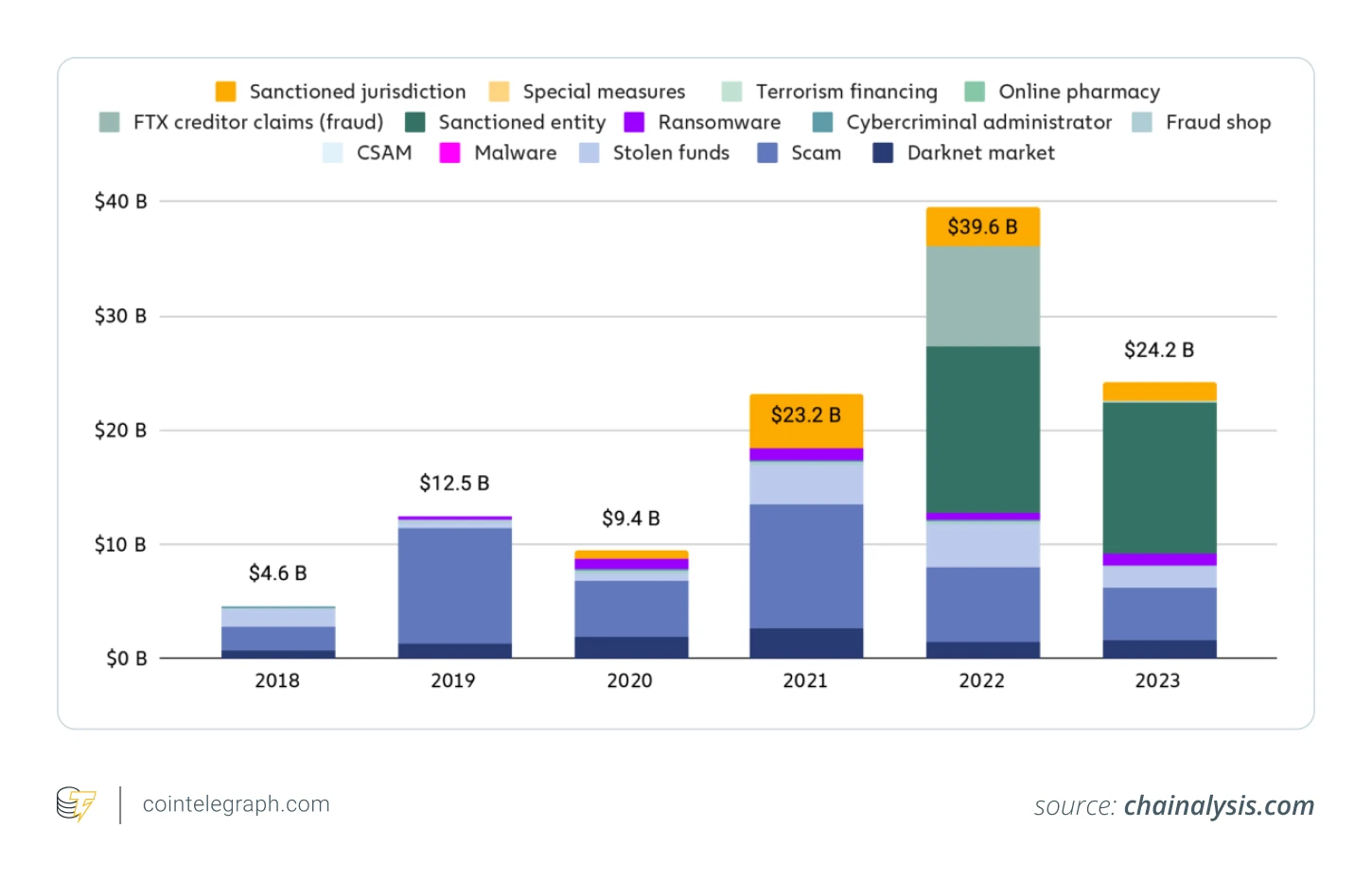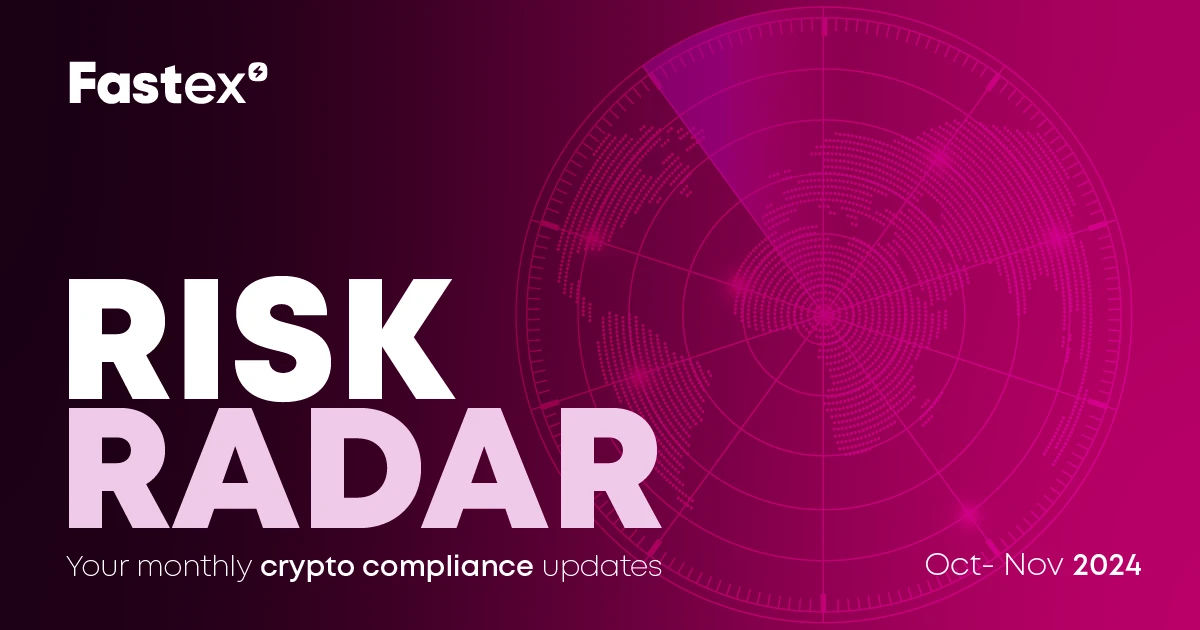The DPRK's Deep Roots in Crypto
North Korean developers have worked for a surprisingly large number of crypto projects.
CoinDesk uncovered that numerous crypto companies have inadvertently hired developers from North Korea, raising significant legal and security concerns. This hiring violates U.S. sanctions against North Korea, which could lead to prosecution for the companies involved. Some of these North Korean employees have been linked to hacking incidents that compromised the projects they worked for, allowing for significant financial thefts.
This issue is not new; previous instances include cybersecurity firm KnowBe4 accidentally hiring a DPRK engineer and ongoing investigations into individuals facilitating North Korean IT workers' employment in the U.S. These workers often send their earnings back to the North Korean regime, indirectly funding its activities.

Vietnam releases blockchain strategy, aims for regional leadership
Vietnam’s new blockchain strategy focuses on legal frameworks, infrastructure and international cooperation, as it aims to boost innovation and build a thriving ecosystem.
Hong Kong Gearing Up to Approve More Cryptocurrency Exchange Licenses by Year-End: SFC
HKVAX is the latest exchange to receive approval.
The Hong Kong Securities and Futures Commission (SFC) plans to approve more cryptocurrency exchanges to operate in Hong Kong by the end of the year, according to its CEO Julia Leung. Speaking on Oct. 6 with local outlet HK01 Leung said that 11 of the platforms that have applied for a license have now undergone on-site reviews. She expects further progress in their applications by the end of the year.
Her comments came following the approval of local exchange HKVAX’s application last week. The company, which aims to launch its platform in Q4 this year, is the third exchange in the city to receive regulatory approval.
FCA launches major crackdown on ‘finfluencers’
The Financial Conduct Authority (FCA) has launched a crackdown on social media financial influencers – or “finfluencers” – who may be illegally promoting financial products to young, vulnerable audiences.
In a sweeping enforcement action, the UK’s financial watchdog has called in 20 finfluencers for interviews under caution, wielding its criminal powers to investigate potentially unlawful promotional activities. Additionally, the regulator has issued warnings against 38 social media accounts suspected of containing illegal financial promotions. The crackdown comes amid growing concern about the vulnerability of young people to financial scams, particularly in the cryptocurrency space.
Nearly two-thirds (62%) of 18- to 29-yearolds follow social media influencers.
With an alarming 74% placing trust in their financial advice.
Finfluencers are trusted by the people who follow them, often young and potentially vulnerable people attracted to the lifestyle they flaunt,” warns Steve Smart, Executive Director of Enforcement and Market Oversight at the FCA.
“Finfluencers need to check the products they promote to ensure they are not breaking the law and putting their followers’ livelihoods and life savings at risk.”
What happens to seized
cryptocurrency?
Seizure of cryptocurrency refers to the confiscation of crypto assets by authorities, usually as part of legal investigations. It may occur in cases of fraud, money laundering or other unlawful activities.
Law enforcement can confiscate crypto from wallets suspected of being involved in illicit actions, transferring the assets to government-controlled wallets until the judicial process concludes. If convicted, the seized assets may be sold; if found innocent, they are returned.
Seizures occur under arrest or search warrants, primarily directed at exchanges or custodians rather than individuals. These warrants specify the wallet addresses and require exchanges to provide private keys, which poses a challenge to the decentralized nature of cryptocurrencies. Additionally, assets can be permanently forfeited through court orders.
The process for seizing cryptocurrencies differs from physical asset confiscation, as it requires the corresponding private key to access funds. Authorities often collaborate with exchanges to recover assets from software wallets, while hardware wallets may require hacking. After seizure, assets may be liquidated following a court order.
Authorities typically seize cryptocurrencies used in illegal activities deemed "proceeds of crime." The objective is to disrupt criminal operations and recover stolen funds. Following a seizure, individuals can file claims for their assets within a specified timeframe. Examples of significant seizures include those related to the Bitfinex hack and Silk Road marketplace.
Where are the funds siezed?



Crypto community celebrates Trump’s election victory
Donald Trump was not always a cryptocurrency fan, but the community rallied around him as a pro-crypto candidate in the 2024 US presidential election.

Trump’s win could be a promising sign for the cryptocurrency industry in the US, as Trump has repeatedly expressed support of crypto and branded himself as a pro-crypto candidate.
Trump has repeatedly promised to end the war on crypto if elected and promised to make the US the “crypto capital of the planet” if he wins the election.
In July, Trump headlined the Bitcoin 2024 conference in Nashville, Tennessee, where he pledged to fire current US Securities and Exchange Chair Gary Gensler on his first day back in office. SEC Commissioner Hester Peirce is believed to be a potential contender to take Gensler’s spot.
Amid growing optimism over Trump’s victory in the election, the crypto market had a historic reaction, with Bitcoin breaking past its historical highs and briefly touching $75,000 on Nov. 6.
“We have the first Bitcoin President going to the White House, which is why we saw a new all-time high last night,”
Bitcoin influencer Anthony Pompliano said on X .Bitcoin is trading at $73,580, marking a 7% increase over the past 24 hours, according to CoinGecko.

Telegram to open an office in Kazakhstan, boost regulatory compliance
Telegram’s agreement to set up an office in Kazakhstan aligns with the firm’s increasing compliance efforts as its CEO remains in France amid an ongoing investigation.
EU markets watchdog urges amendments to MiCA crypto regulations
The European Securities and Markets Authority acknowledged the legal limitations raised by the European Commission but emphasized the importance of the framework’s initial objectives.
The European Union’s markets watchdog believes that the bloc’s cryptocurrency regulatory framework, the Markets in Crypto-Assets Regulation (MiCA), needs to be modified.
On Oct. 16, the European Securities and Markets Authority (ESMA) released an official opinion on MiCA, encouraging the European Commission to move forward with its proposal to update several aspects of the framework.
“ESMA acknowledges the legal limitations raised by the Commission but emphasizes the importance of the policy objectives behind the initial proposal,” the regulator wrote.
As MiCA Looms, Fastex Pushes for Regulatory Compliance
What are the three biggest crypto trends of 2024? You could argue the top three trends are regulation, regulation, and regulation. The “Wild West” is no more. Europe’s MiCA framework will soon go into effect. Debates over crypto regulation have spilled into the U.S. presidential election. And one Web3 company is traveling across the globe — quite literally — to show leadership in regulatory compliance: Fastex.
Pick a continent (practically any continent except Antarctica), and there’s a good chance you’ll see a Fastex executive onstage at a Web3 conference, arguing that regulation is both necessary and useful. In September in New York, for example, at the DACOM (Digital Asset Compliance) Summit, Fastex’s Chief Legal Officer, Vardan Khachatryan, suggested that “Compliance is key for the future of crypto.”

Google’s nuclear power plan could revolutionize cryptocurrency mining
The advent of small modular reactors should make on-site nuclear energy economically feasible at scale.
A new paradigm for the production of nuclear energy could change the calculus for both artificial intelligence and cryptocurrency mining, but it requires substantial upfront investment in relatively untested technologies.
85% of all cryptocurrencies are worth less than a cent
Ever since the crypto boom in early 2022, the total number of cryptocurrencies has been floating between 8,500 and 10,000, with new tokens being launched every time a bull run in the crypto space starts. The same thing happened in 2024 when the total number of cryptos jumped by 1,000 in the first six months of the year. Although this figure slightly dropped over the past few months, the total number of cryptos remains at a high of 9,861. However, most of them have little or practically no value.
According to data presented by AltIndex.com, 85% of all cryptocurrencies circulating in the market are worth less than one cent.
Thanks to the rise of blockchain technology, practically anyone anywhere can launch a new cryptocurrency today. The ease of creation and market entry with minimal technical effort, combined with the rise of Initial Coin Offerings (ICOs), speculation, and hype, has created an environment where thousands of new cryptocurrencies can be launched. Although many investors hope to discover or create the next Bitcoin or Ethereum, many of these projects have little long-term value, filling the market with worthless coins that may eventually disappear. However, their share in the crypto space is enormous.
The DPRK's Deep Roots in Crypto. CoinDesk. (October 9, 2024). Retrieved from https://www.coindesk.com/policy/2024/10/09/the-dprks-deep-roots-in-crypto/
- Hong Kong Gearing Up to Approve More Cryptocurrency Exchange Licenses by Year-End: SFC. CoinDesk. (October 8, 2024). Retrieved from https://www.coindesk.com/policy/2024/10/08/hong- kong-gearing-up-to-approve-more-cryptocurrency-exchange-licenses-by-year-end-sfc/
- Telegram to Open an Office in Kazakhstan, Boost Regulatory Compliance. Cointelegraph. Retrieved from https://cointelegraph.com/news/telegram-kazakhstan-office-compliance
- Google’s Nuclear Power Plan Could Revolutionize Cryptocurrency Mining. Cointelegraph. Retrieved from https://cointelegraph.com/news/google-nuclear-power-plan-could-revolutionizecryptocurrency-mining
- What Happens to Seized Cryptocurrency? Cointelegraph. Retrieved from https://cointelegraph.com/explained/what-happens-to-seized-cryptocurrency
- Vietnam Releases Blockchain Strategy, Aims for Regional Leadership. Cointelegraph. Retrieved from https://cointelegraph.com/news/vietnam-national-blockchain-strategy-2025-vision-2030
- EU Markets Watchdog Urges Amendments to MiCA Crypto Regulations. Cointelegraph. Retrieved from https://cointelegraph.com/news/europe-esma-recommend-mica-amendments
- 85% of All Cryptocurrencies Are Worth Less Than a Cent. Blockchain Technology News. Retrieved from https://blockchaintechnology-news.com/news/future-of-ethereum-navigating-the-verge/
- As MiCA Looms, Fastex Pushes for Regulatory Compliance. Blockchain Technology News. Retrieved from https://blockchaintechnology-news.com/news/85-of-all-cryptocurrencies-are-worthless-than-a-cent/
- Crypto Community Celebrates Trump’s Election Victory. Cointelegraph. Retrieved from https://cointelegraph.com/news/trump-declares-victory-crypto-community
- FCA Launches Major Crackdown on ‘Finfluencers’. Blockchain Technology News. Retrieved from https://blockchaintechnology-news.com/news/fca-launches-major-crackdown-finfluencers/



